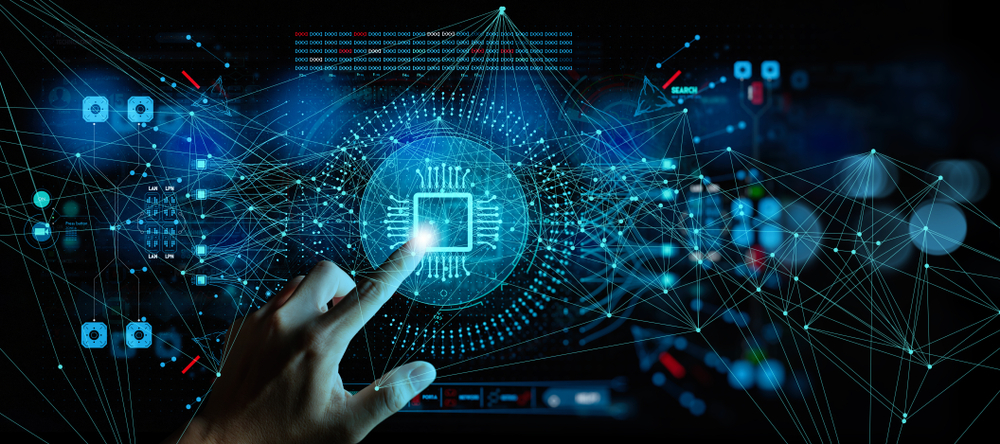In today’s world, the constant evolution of language, culture, and thought leads to the creation of new concepts that reflect social, political, and technological change. One such emerging term that has gained attention in recent years is pragatizacao. While at first glance the word might seem unusual or obscure, it carries deep significance in various contexts. Understanding pragatizacao requires exploring its origins, its potential meanings, and how it has been applied or interpreted in different areas such as politics, social change, and even personal development.
The term pragatizacao is believed to have roots in the Portuguese language, derived from “pragati,” which refers to progress, and the suffix “-zação,” which indicates a process or action. This construction gives the idea of a continuous act of progressing, modernizing, or advancing. Although it may not yet be fully standardized in dictionaries, has been increasingly used in academic discussions, activism, and public discourse to describe a process of transformation toward a more progressive state—whether in governance, society, or personal mindset.
One of the most notable uses of pragatizacao can be found in the political sphere. Governments, political movements, and advocacy groups often emphasize the need for systematic changes that foster equality, social justice, and innovation. In such contexts, is used to refer to the process of adopting progressive reforms that challenge outdated traditions and bring societies closer to modern ideals. This might involve introducing new laws that protect minority rights, investing in sustainable technologies, or improving education systems to better prepare future generations. In these scenarios, pragatizacao is not merely about change—it is about purposeful, forward-thinking change driven by a vision of a better future.
From a sociocultural perspective, can also describe the shift in cultural attitudes and norms. Cultures naturally evolve over time, and pragatizacao represents the conscious effort to promote inclusive values, dismantle discriminatory practices, and embrace diversity. For example, changes in media representation, gender equality campaigns, and the rise of global connectivity all contribute to the cultural aspect of pragatizacao. It emphasizes the idea that societies must adapt to new realities and challenges by rejecting regressive mindsets and fostering openness.
In business and economics, pragatizacao can take the form of modernization strategies and digital transformation. Many companies use this principle—whether they call it by this name or not—to stay competitive in rapidly changing markets. Businesses undergoing pragatizacao may implement cutting-edge technologies, improve workplace diversity, adopt sustainable practices, or shift toward more customer-centric models. Here, pragatizacao is about staying relevant and ensuring long-term resilience in an unpredictable economic climate.
Interestingly, pragatizacao is not limited to collective or institutional progress; it can also be applied at an individual level. Personal pragatizacao refers to the conscious development of one’s skills, mindset, and lifestyle to align with evolving personal goals and societal demands. This could mean embracing lifelong learning, adopting healthier habits, or becoming more socially aware. For individuals, pragatizacao is a reminder that progress is a continuous journey and that self-improvement is essential for adapting to an ever-changing world.
The modern relevance of pragatizacao is clear when we look at global challenges such as climate change, technological disruption, and political instability. Addressing these issues requires more than just temporary solutions—it requires systemic transformation. Pragatizacao encapsulates the mindset needed to face these challenges head-on by emphasizing innovation, inclusion, and adaptability. In the environmental context, for example, pragatizacao might involve shifting from fossil fuels to renewable energy sources, enforcing strict pollution controls, and encouraging sustainable consumption patterns.
However, it is important to acknowledge that pragatizacao is not without challenges and criticisms. For some, rapid progress or reform can be unsettling, especially when it disrupts long-held traditions or values. There can also be debates about what constitutes “progress” and whether certain changes truly benefit society as a whole. As such, pragatizacao must be approached with careful consideration, balancing the need for advancement with respect for cultural heritage and community stability.
In the digital age, the concept of pragatizacao has also taken on new dimensions through social media and online activism. The speed at which information spreads allows progressive ideas to gain traction quickly, but it also raises questions about the depth and sustainability of such changes. Online trends can spark important conversations and movements, yet lasting pragatizacao requires structural action beyond virtual platforms.
Looking ahead, the role of pragatizacao will likely become even more prominent. As societies face increasingly complex challenges—from artificial intelligence ethics to global migration—there will be a growing need for strategies that combine pragmatism with progressive vision. Whether in politics, business, culture, or personal growth, pragatizacao offers a framework for thinking about change as a deliberate, forward-moving process rather than a series of isolated events.
In conclusion, pragatizacao is more than just a linguistic curiosity—it is a concept that embodies the ongoing pursuit of meaningful progress. Its versatility allows it to be applied in numerous fields, from governance to personal development, making it a valuable term for understanding the dynamics of change in the modern world. While the path of pragatizacao may present obstacles and provoke debate, its core message remains clear: progress is not an accident but a conscious choice. By embracing the principles of pragatizacao, individuals and societies can navigate the complexities of the present while building a foundation for a better, more inclusive future.



